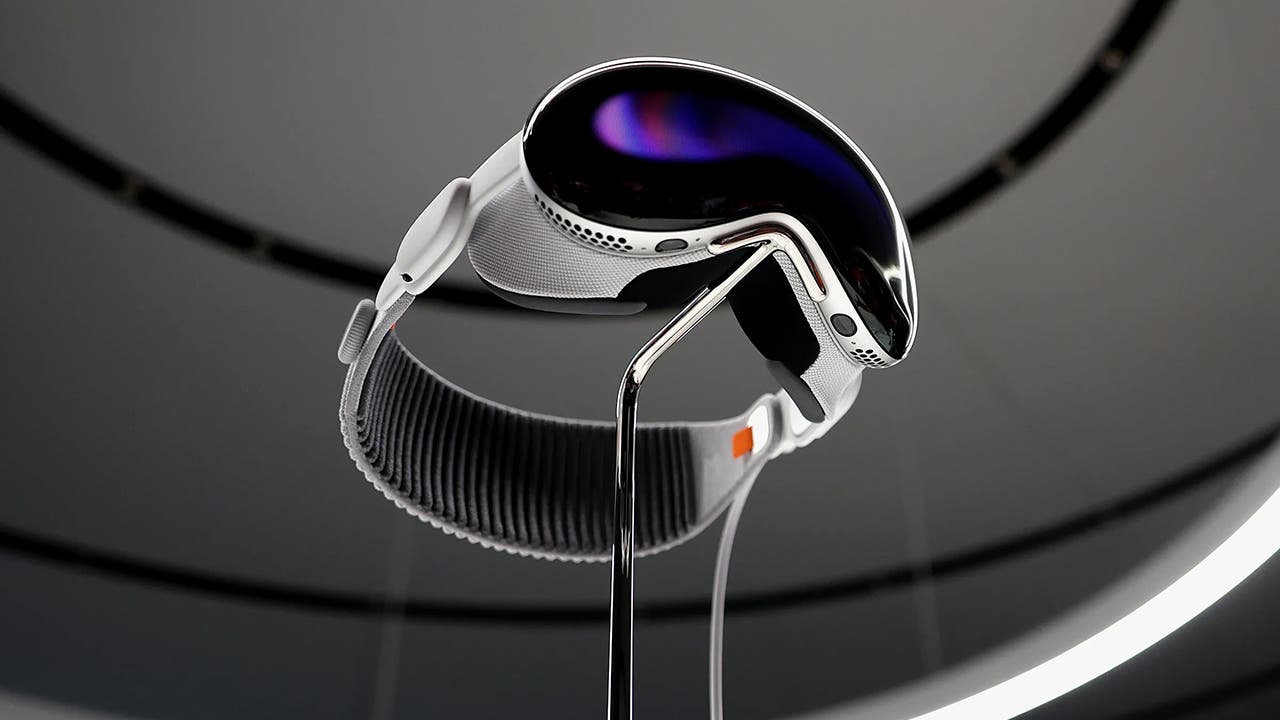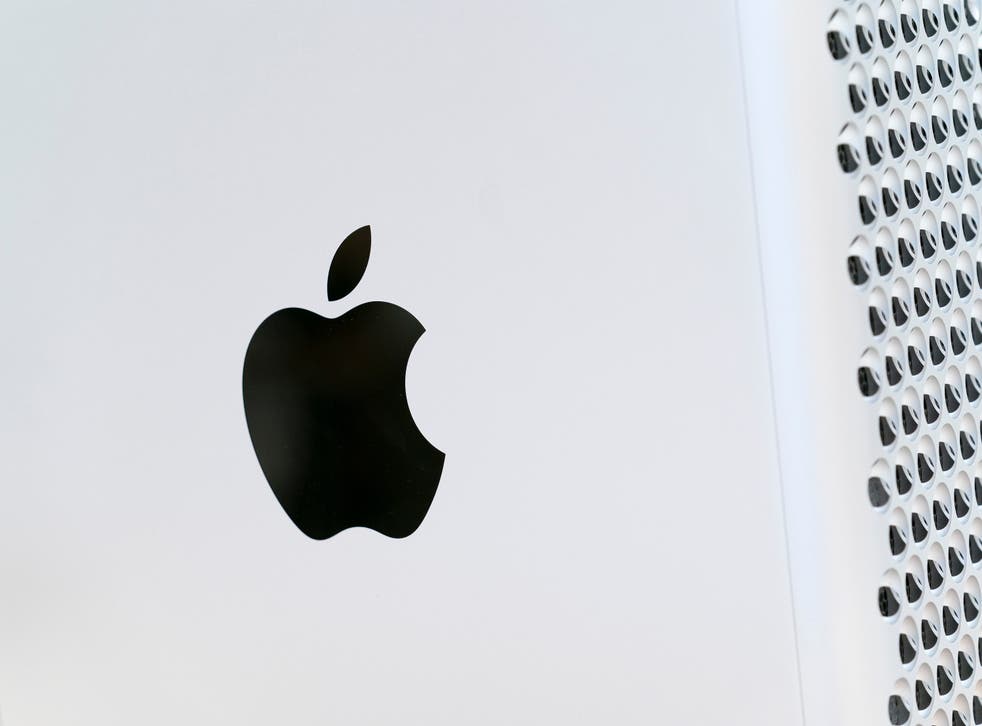
Under current law, AI can’t be enlisted as an inventor on a U. S. patent in a ruling delivered this week by U.S. Federal judge, Leonie Brikema. The ruling came to the fore in a case filed by Stephen Thaler, a member of the Artificial Inventor Project, an international initiative that holds the view that an AI should be acknowledged as an inventor in a patent, with the owner of the AI becoming the legal owner of the patent.
Thaler had sued the U.S. Patent and Trademark Office for denying his patent applications on the premise that he had listed ‘DABUS’, his developed AI machine as the inventor of a new type of flashing light and a beverage container. A machine does not qualify as an inventor because it is not a person, the Patent and Office explained to Thaler. More so, the machine is a tool used by people to create inventions, the Office added.
Brikema is resolute that the Patent Office correctly affirms the nation’s patent laws and pointed out that it basically all boils down to the everyday use of language. The Patent Act relates to an inventor using words such as “himself” and “herself”, likewise the latest revision of the nation’s patent law in 2011, Congress explicitly defined an inventor as an “individual.”
“By using personal pronouns such as ‘himself or herself’ and the verb ‘believes’ in adjacent terms modifying ‘individual’, Congress was clearly referencing a natural person,” Brikema said in her ruling, which can be read at the Verge. “Because ‘there is a presumption that a given term is used to mean the thing throughout a statute,’ the term ‘individual’ is presumed to have a persistent meaning throughout the Patent Act.”
Thaler’s allege was also rejected by the judge that the Patent Office had to provide evidence that Congress did not want to exclude AI systems from being inventors.
Pushing forward, Brikema stated that the nature of an inventor has already been examined in federal courts, which have ruled that neither companies nor states can claim to be inventors on a patent.
Thaler also made an effort to argue that the court should respect Congress’ intent to create a system that would “encourage innovation.”
In Thaler’s words, “Allowing patents for AI-Generated Inventions will result in more innovation. It will incentivize the development of AI capable of producing patentable output by making that output more valuable…” “By contrast, denying patent protection for AI-Generated Inventions threatens to undermine the patent system by failing to encourage the production of socially valuable inventions.” Thaler added.
However, Thaler’s efforts were not fertile with that argument still. As Brikema said that these were policy considerations and thus must be dealt with by Congress and not the courts.
And it’s not like the Patent Office is refusing to consider what role, if any, AI should have in patents. It has requested comments artificial intelligence in patent policy and reported that majority of responses reflected the belief that current AI “could neither invent nor author without human intervention.”
Ryan Abbott, a law professor who oversees the Artificial Inventor Project, disclosed to Bloomberg that the group will appeal the ruling. Even though Brikema quashed the entire project’s arguments, in her ruling she did not foreclose the possibility of AI being later listed in an inventor.
“As technology evolves, there may come a time when artificial intelligence reaches a level of sophistication such that might satisfy accepted meanings of inventorship. But that time has not yet arrived, and, if it does, it will be up to Congress to decide how, if it at all, it wants to expand the scope of patent law, ” Brikema said.
Discover more from TechBooky
Subscribe to get the latest posts sent to your email.













